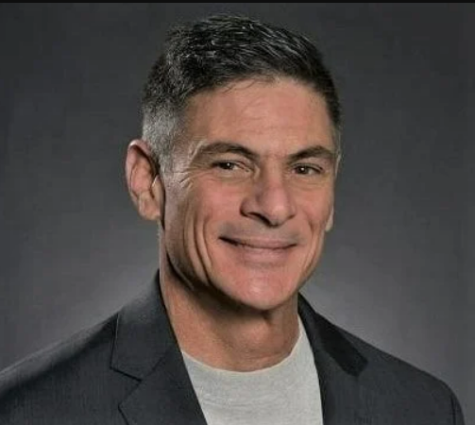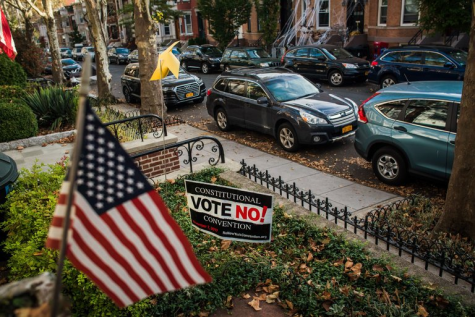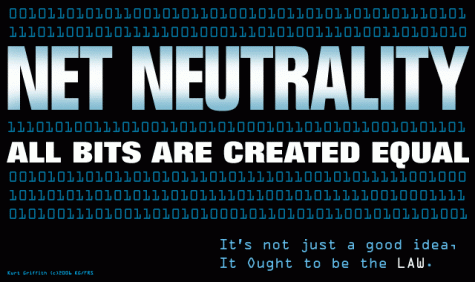Paris Climate Conference Progresses

Climate change is a developing problem for the international community that has existed since the Industrial Revolution. Despite the immediacy and gravity of this issue, the international community’s efforts to combat this problem have been decentralized, with varying results by country. Now, with the 2015 United Nations Climate Change Conference underway, President Obama and other world leaders are hoping to create a legally binding climate change agreement.
The main objective of the conference is to reduce greenhouse gas emissions to prevent world temperatures from rising 2°C above pre-industrial levels. Although there have been other instances of international legislation intended to reduce carbon emissions, these agreements have not always been legally binding. Such non-binding agreements have resulted in inconsistent participation, with smaller developing nations usually culpable.
It’s clear that world leaders now mean business. The 2015 agreement is a protocol, meaning that it is legally binding and has international repercussions for transgressions. Perhaps the best example of how seriously this conference is being taken is President Obama’s speech during the conference’s opening. Exceeding his three-minute time slot, President Obama passionately outlined his vision for the future of climate change in a speech lasting fourteen minutes.
President Obama has expressed an optimistic attitude for reaching an agreement in the talks and for the future of climate change in general, saying, “One of the enemies that we’ll be fighting at this conference is cynicism, the notion we can’t do anything about climate change.” But the negotiations have not been without obstacles.
One of the proposals in a draft of the agreement would have developing nations with rapidly growing economies, like China or India, considered as potential donors to poorer developing nations to help those nations develop without using harmful economic methods. These developing nations protested being put in the same position as developed nations, arguing their economies are not as well established as more developed nations.
Todd Stern, the U.S. special envoy for climate change, insisted that no developing nation would be required to donate funds and that donation would be entirely voluntary. Despite this assurance, developing nations are still arguing for that part of the agreement to be reworded.
As the president was giving his speech about American solidarity on the issue of climate change, the Republican-controlled Congress moved to undercut him. In addition to their party’s natural aversion to climate legislation, Republicans also likely passed the bills in response to the president’s statements that the devastation caused by climate change will exacerbate extremist ideologies. They passed resolutions to loosen EPA laws restricting carbon emissions and the creation of coal burning facilities.
President Obama has said that he will veto the bills, and because the bills were passed at a 52-to-49 margin, Congress will not be able to muster the two-thirds vote needed to override the veto. Congress has effectively caused world leaders at the climate conference to have doubts on whether America will be able to live up to its promises.
Despite these setbacks, President Obama still expresses an optimistic opinion about the climate change agreement, saying, “My expectation is that we will absolutely be able to meet our commitments.”






